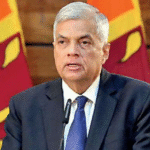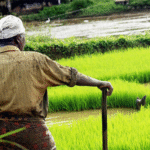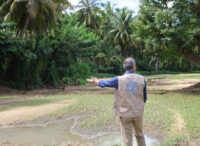The Inland Revenue Department (IRD) has announced a sweeping transition in Sri Lanka’s tax administration, declaring that all Value Added Tax (VAT) returns must be filed electronically starting 01 July 2025.
The IRD stated that manual submissions will be permitted only in exceptional cases, and only with the prior approval of the Commissioner General.
This move marks a significant step toward digitalising tax processes in the country, aligning with global trends aimed at increasing efficiency, transparency, and ease of compliance.
The announcement comes in the wake of several key amendments to the VAT regime, following the recent passage of the Value Added Tax (Amendment) Bill. The bill, which was approved in Parliament on April 9, received parliamentary assent on April 11 by Speaker Dr. Jagath Wickramaratne, and came into immediate effect.
Among the major revisions, the IRD declared that locally produced liquid milk and yogurt are now exempt from VAT, effective from April 11. This exemption is seen as a timely relief for both local dairy farmers and consumers, as the country looks to strengthen its domestic agriculture sector. The IRD clarified that to qualify for this exemption, fresh milk must contain at least 50 percent milk content.
In addition, the department confirmed that VAT has also been removed on naphtha supplied by the Ceylon Petroleum Corporation (CPC) to the Ceylon Electricity Board (CEB), aimed at reducing energy generation costs and supporting the electricity sector.
However, while certain industries have received tax relief, the new law also brings increased obligations under the digital economy. From 01 October 2025, non-resident digital service providers offering services to Sri Lankan consumers via electronic platforms will be required to collect and remit VAT. This change is expected to ensure fair competition between local and foreign service providers, while also strengthening the government’s tax revenue from cross-border e-commerce.
Moreover, all individuals and businesses involved in the commercial import or export of goods are now required to register under the revised VAT framework, as part of efforts to broaden the tax base and improve compliance.
Notably, not all changes are in favor of tax exemptions. The IRD confirmed that the previous VAT exemption on the import of aircraft engines and spare parts, identified under specific Harmonized Commodity Description and Coding System (HS Code) numbers, has been revoked, effective 11 April.
A senior official from the IRD emphasized that these measures are part of a broader effort to streamline taxation, embrace digital innovation, and strengthen fiscal policy to meet the evolving needs of Sri Lanka’s economy.
As the digital transformation of Sri Lanka’s tax system gains momentum, businesses and individuals are urged to familiarize themselves with the new filing requirements and registration procedures under the updated VAT law.











Leave a comment